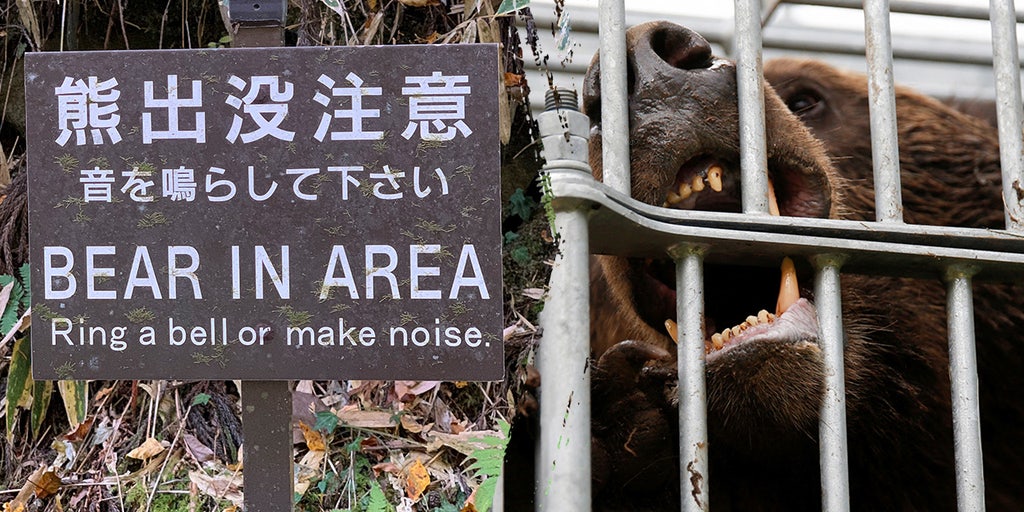Home / Environment / Japan's Worst Bear Attack Crisis in Decades Prompts Military Intervention
Japan's Worst Bear Attack Crisis in Decades Prompts Military Intervention
1 Nov
Summary
- Japan faces record-high bear attacks, with 12 killed and over 100 injured
- Regional authorities request military assistance to handle the crisis
- Rural depopulation and environmental factors contribute to the surge in bear encounters

As of November 1st, 2025, Japan is facing its highest number of bear attacks on record, triggering a national crisis. According to data cited by the Japan Times, at least 12 people have been killed and more than 100 others injured nationwide this year, with the majority of incidents occurring in northern prefectures such as Akita, Iwate, and Fukushima.
The situation has become so severe that regional authorities have been forced to request assistance from the military. Akita Governor Norihisa Satake formally requested the involvement of the Self-Defense Forces (SDF) in late October, as local authorities were overwhelmed by the repeated maulings. The military's role will be strictly non-combat, focusing on logistical support such as transporting carcasses, setting traps, and patrolling forested areas where bears have been spotted.
Experts attribute the surge in bear encounters to a combination of environmental and demographic factors. Poor acorn and beech nut harvests, warmer winters delaying hibernation, and the ongoing rural depopulation have left farmland and buffer zones between forests and towns unmanaged, leading to more frequent interactions between bears and humans.
The spike in attacks has reignited a national debate over how to balance conservation with public safety. While bears have long been respected in Japanese folklore and rural culture, the rising threat has prompted local residents to demand stricter control measures. Environmental groups, however, are urging for more humane solutions and better forest management, rather than widespread culling.



